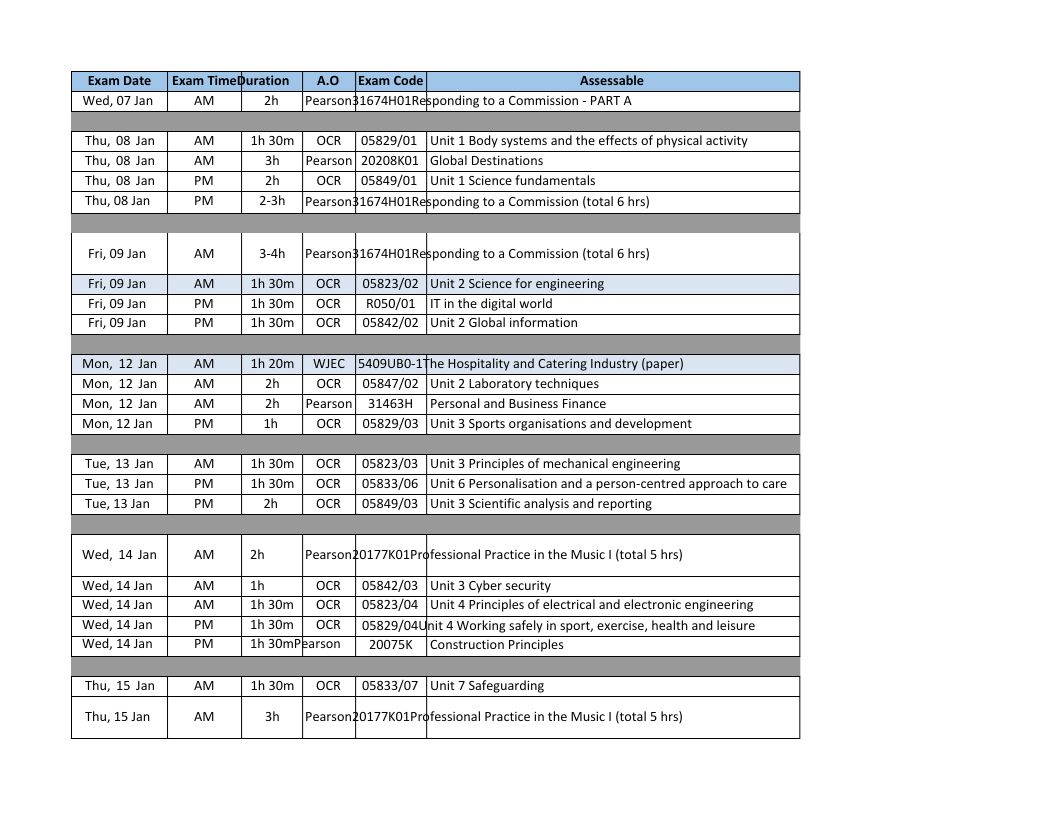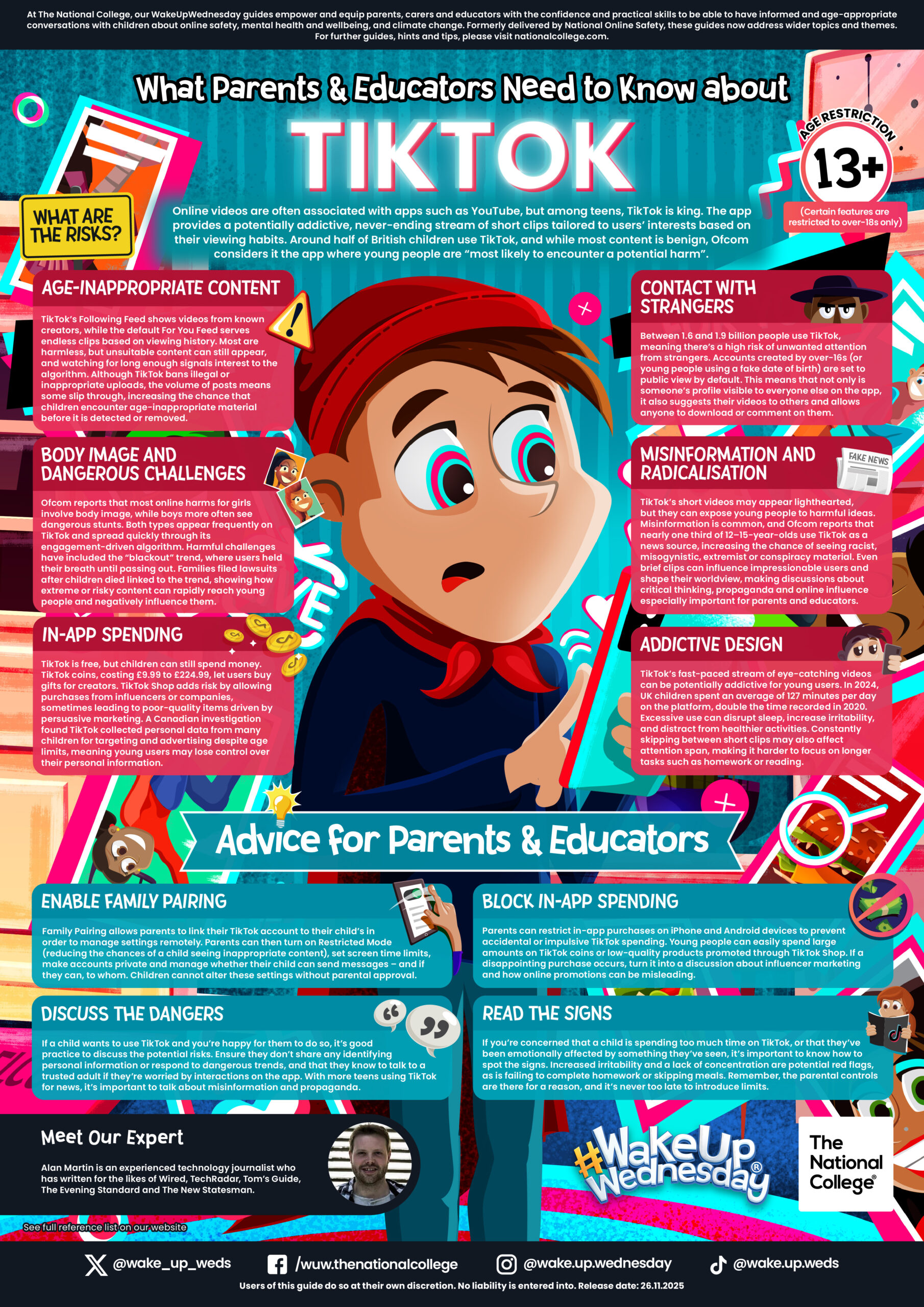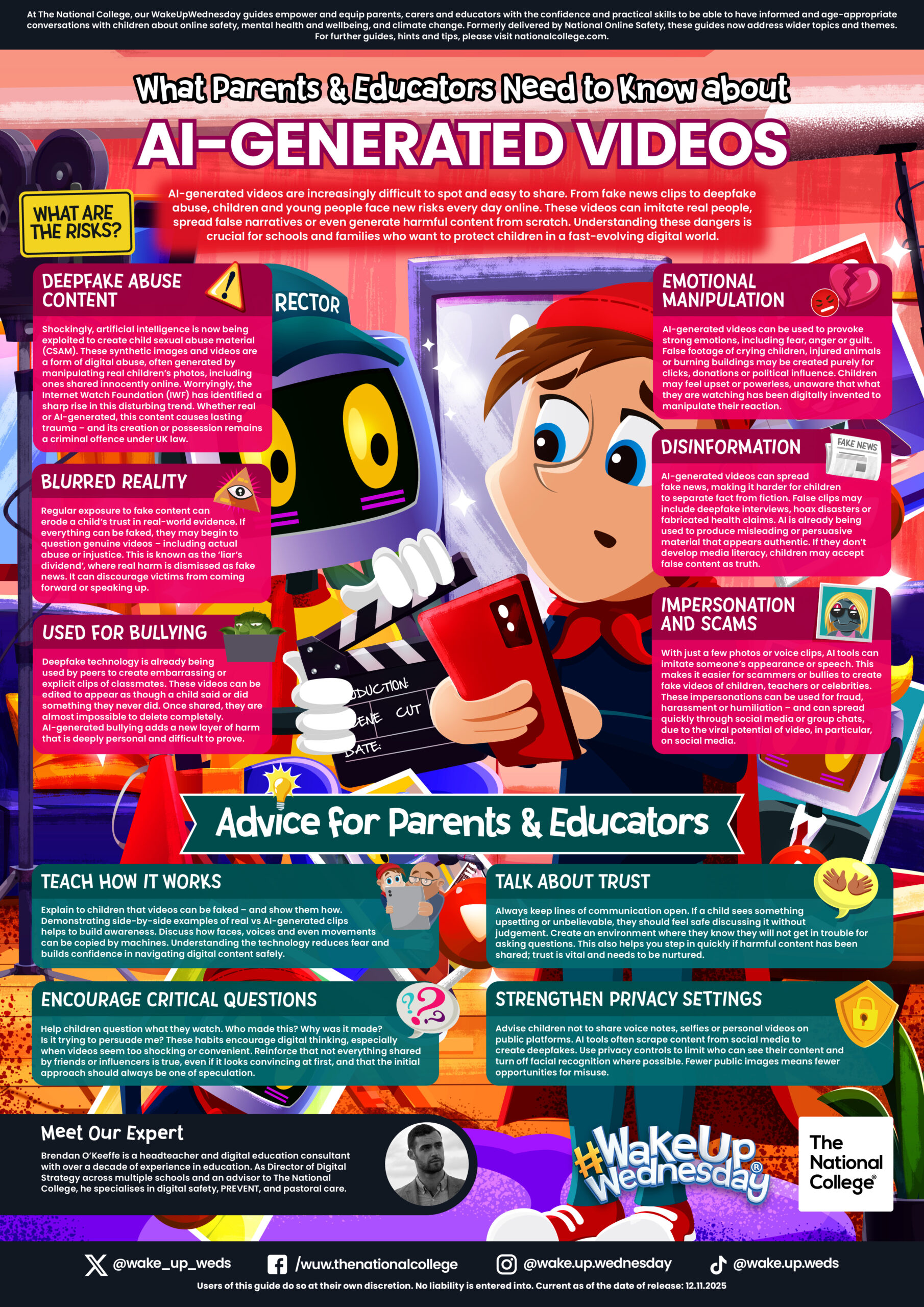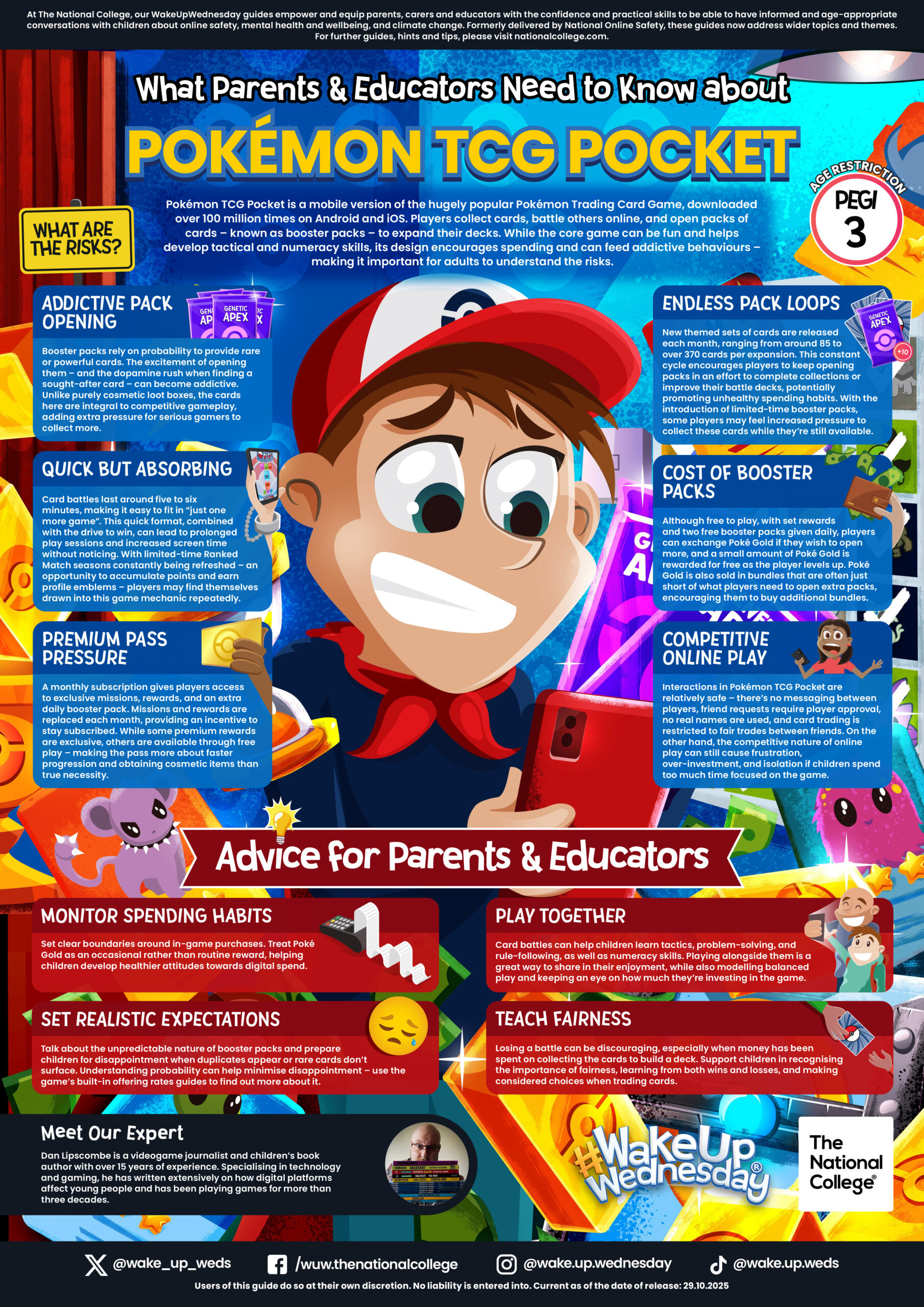
January Y11 Mocks 2026

Our #WakeUpWednesday guide explores TikTok’s hidden hazards, including in-app spending, compulsive screen time and privacy concerns, offering clear advice for parents and educators. With expert insight and practical safety tips, it aims to help families ensure that TikTok use remains fun, positive and, most importantly, safe.

Kicking off our whole-school with the help of our amazing Duke’s staff!
Each year we aim to donate as many calendars as possible, and this time we were proud to contribute 40 calendars to support the incredible work the food bank does for our community. Collections start this week in tutor time for can and dry goods.


A reminder to all of our students and their families…
We are collecting for the Wansbeck Valley Food Bank until 2nd December!
Let’s pull together and give a hand to people in our community who could really use it right now. Every bit makes a difference! No donation is too small; tins, basics or even just spreading the word all helps. If you are not in a position to donate but still want to try and help, why not share their Facebook page with your friends? To share, click the link below.
https://www.facebook.com/wansbeckvalleyfoodbank

Remembrance Sunday
On Sunday 9th November, Duke’s Secondary School’s Combined Cadet Force proudly took part in the Ashington Remembrance Parade, standing shoulder to shoulder with local community members to honour those who have served and sacrificed.

Our cadets showed true courage and composure as they marched through the town, representing Duke’s with pride and respect. A particularly special moment came when CDT CPL Isla Blake laid a wreath on behalf of Duke’s Secondary School – a touching tribute to those who gave their lives in service.
Colour Sergeant John Langan acted as Parade Commander, leading the contingent with discipline and professionalism, while Second Lieutenant Kirsten Osman provided vital support in coordinating the march. A huge thanks to John and Kirsten!

This year’s parade was the first attended by Duke’s CCF as a full contingent under the new leadership of Mrs Georgia Goodfellow, marking the start of an important tradition that will see our cadets continue to take part in future Remembrance events.
We are incredibly proud of all our cadets for their commitment, bravery, and sense of duty. Their efforts embody the light values we strive towards every day at Duke’s. Well done to each and everyone involved, we couldn’t be prouder of you!
Lest we forget.

 . All are welcome!
. All are welcome! Hirst Welfare Centre
Hirst Welfare Centre Hirst Welfare Centre
Hirst Welfare Centre Hirst Welfare Centre
Hirst Welfare Centre Hirst Welfare Centre
Hirst Welfare Centre Hirst Welfare Centre
Hirst Welfare Centre Hirst Welfare Centre
Hirst Welfare Centre has exploded in popularity, with over 100 million downloads worldwide. The mobile trading card game is packed with quick battles, colourful decks, and the thrill of opening booster packs – but the excitement can come at a cost.
has exploded in popularity, with over 100 million downloads worldwide. The mobile trading card game is packed with quick battles, colourful decks, and the thrill of opening booster packs – but the excitement can come at a cost.Portal for Admission is Closing in 24 hours!
Applications into Year 7 for September 2026 at Duke’s Secondary School are filling up extremely fast. This is a final reminder that the last opportunity to apply is this Friday, 31st October 2025 – Tomorrow!
Please be aware that sending an application does not automatically mean that your child’s place is guaranteed. Where the number of applications for admission is greater than the published admission number, applications will be considered against the criteria as set out in the Academy’s Admissions Policy.
Unless there are exceptional circumstances, an application received after 31 October 2025 will be considered late. This will lower your chance of being offered a place at your preferred school. If you return your application after 31 October 2025, you must give a reason why it is late.
If you have not yet submitted your child’s application, we urge you to do so as soon as possible to avoid disappointment. To apply for admission into Year 7 at Duke’s Secondary School, please visit the website below immediately.


